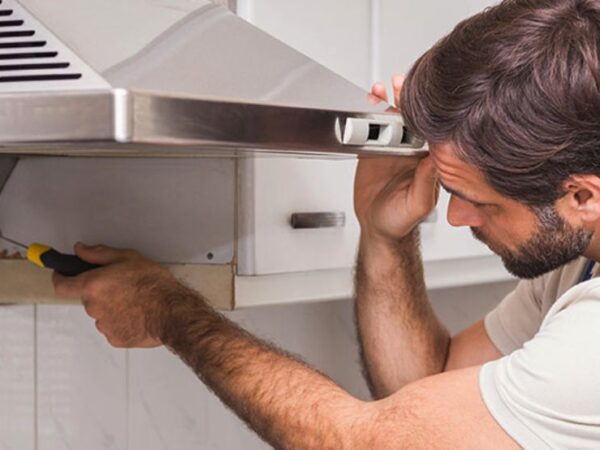The quality of the air we breathe has a profound impact on our health and well-being. We spend a significant portion of our lives indoors, whether at home, work, or in other enclosed spaces. Therefore, ensuring that the air we breathe indoors is clean and safe is of paramount importance. One often-overlooked aspect of indoor air quality is the cleanliness of the HVAC (Heating, Ventilation, and Air Conditioning) system’s ductwork. In this article, we will explore why duct cleaning is vital for indoor air quality.
The Hidden Culprits
Over time, the ductwork of HVAC systems can accumulate dust, dirt, debris, and even mold and bacteria. These contaminants are then circulated throughout your living or working space every time the HVAC system is in operation. This constant recirculation of pollutants can have a negative impact on indoor air quality and, consequently, on your health.
Health Implications
- Allergies and Respiratory Problems: Pollutants like dust, pet dander, pollen, and mold spores can trigger allergies and aggravate respiratory conditions such as asthma. When these particles are present in the air, occupants may experience sneezing, coughing, congestion, and other respiratory discomforts.
- Reduced Immune Function: Poor indoor air quality can weaken the immune system, making individuals more susceptible to illnesses. In enclosed spaces with contaminated air, people may experience more frequent colds, flu, or other infections.
- Long-term Health Risks: Prolonged exposure to indoor air pollution has been linked to serious health issues, including heart disease, lung cancer, and chronic respiratory diseases. It is essential to address the root causes of indoor air pollution to mitigate these long-term risks.
Energy Efficiency
Dirty ducts can also lead to decreased HVAC system efficiency. When ducts are clogged with debris, the system has to work harder to push air through, leading to increased energy consumption and higher utility bills. Regular duct cleaning can help maintain the efficiency of your HVAC system, resulting in energy savings and a reduced carbon footprint.
Foul Odors
Unpleasant odors in your living or working space can be a sign that your ductwork needs cleaning. Dust, mold, and other contaminants can emit musty or foul smells when they accumulate in the ducts. Duct cleaning not only eliminates these odors but also improves the overall indoor air freshness.
Enhanced HVAC System Longevity
Clean ducts can prolong the lifespan of your HVAC system. When your system has to work harder due to clogged ducts, it undergoes additional wear and tear, potentially leading to costly repairs or premature replacement. Regular duct cleaning can help you avoid such expenses by keeping your HVAC system running smoothly.
When Should Duct Cleaning Be Done?
The frequency of duct cleaning depends on several factors, including your location, the type of HVAC system you have, and the level of contaminants in your environment. However, as a general guideline:
- Residential homes should have their ducts cleaned every 3-5 years.
- Commercial buildings may require more frequent cleaning due to higher occupancy and air circulation rates.
- If you notice visible mold growth in your ducts or if you’ve recently undergone home renovations, consider immediate duct cleaning.
- If occupants in your home or building are experiencing unexplained health issues, poor indoor air quality could be a contributing factor, and duct cleaning should be considered.
Conclusion
Maintaining good indoor air quality is essential for the health and well-being of those who inhabit a space. Duct cleaning is a vital component of this effort, as it helps remove contaminants that can compromise air quality. By investing in regular duct cleaning, you can reduce health risks, improve energy efficiency, eliminate unpleasant odors, and extend the life of your HVAC system. Ultimately, ensuring clean ducts is a proactive step towards creating a healthier and more comfortable indoor environment for yourself and your loved ones.




